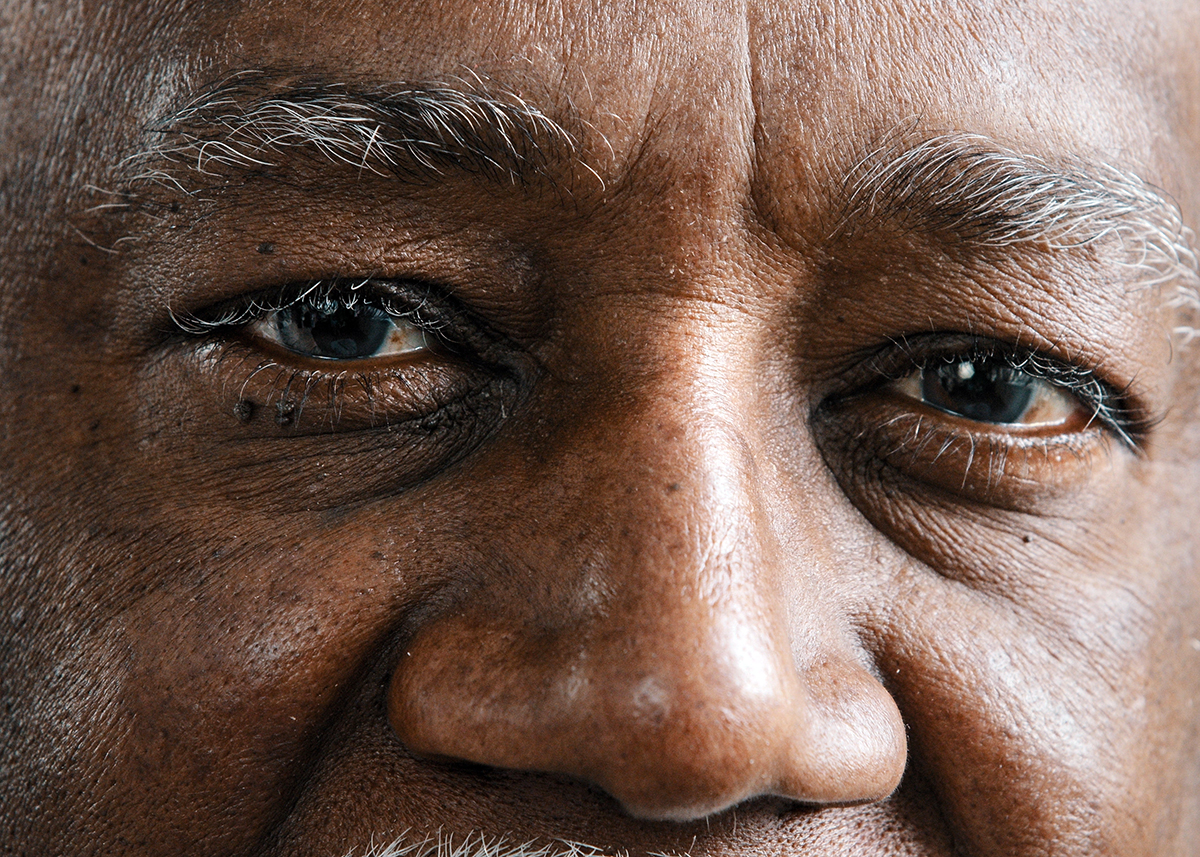

Cataracts happen when the natural lens of the eye becomes cloudy. The lens, which is located behind the iris and pupil, helps to focus light onto the retina, allowing you to see clearly.
Over time, proteins in the lens can clump together, forming a cataract that scatters light and creates visual disturbances. While cataracts are most commonly associated with aging, they can also result from factors such as trauma, certain medications, or medical conditions like diabetes.
Early in their development, changes in vision may be managed with prescription glasses or brighter lighting. However, as cataracts progress, they can significantly impair daily activities, making cataract surgery the best option for restoring vision. While you cannot prevent cataracts from forming, they are treatable with a safe and effective procedure called cataract surgery.


Cataracts typically develop slowly, and symptoms may be subtle at first. However, as the condition advances, individuals often notice more pronounced changes in their vision.
Common symptoms include blurry or cloudy vision, increased sensitivity to light, and difficulty seeing at night. Colors may appear dull or yellowed, and you might notice halos around lights.
Frequent changes in your glasses or contact lens prescription can also indicate that your cataracts are progressing. If left untreated, cataracts can eventually lead to significant vision loss or blindness.
Cataract surgery is a quick, outpatient procedure where a cataract surgeon replaces the clouded natural lens with a clear artificial lens implant. The procedure is performed using topical anesthetic eye drops, ensuring you remain comfortable throughout the process.
During the procedure, your cataract surgeon will make a small incision in the front of the eye and then use advanced techniques to remove the clouded lens. The most common method, called phacoemulsification, involves using ultrasound waves to break the lens into tiny fragments, which are then gently suctioned out.
Once the natural lens is removed, your cataract surgeon will insert an artificial lens implant, known as an intraocular lens (IOL), to restore clear vision. The incision typically heals on its own without the need for stitches.
The entire procedure usually takes less than thirty minutes, and most patients report that the procedure is not uncomfortable. While the procedure is performed on one eye at a time, the second eye can often be treated within a few weeks.
Request AppointmentLens implants, or intraocular lenses (IOLs), are artificial lenses that replace the eye's clouded natural lens during cataract surgery. These implants are available in several types, allowing you to choose an option that best suits your lifestyle and vision goals.
Your cataract surgeon at The Eye Center will discuss your specific needs and preferences to help you select the most appropriate lens implant for optimal results.



By tailoring your lens implant choice to your lifestyle and visual priorities, cataract surgery can help you achieve your best possible vision.
Cataract Surgery does include a conventional option at no additional charge to you. However, you will likely need glasses for both distance and near with this choice. The above listed represent our more Advanced Options that further improve quality of vision, range of focus and reduce glasses dependence.

Determining the right time for cataract surgery depends on the impact cataracts have on your daily life. If you find it increasingly difficult to read, drive, or perform other routine activities due to vision problems, it may be time to consider cataract surgery.
Your eye doctor at The Eye Center will perform a thorough eye examination and discuss your symptoms to help you make an informed decision. In most cases, cataract surgery is elective and can be scheduled at your convenience.
There is no need to wait until cataracts have advanced to the point of severe vision loss. Early intervention can improve your quality of life and help prevent further complications.
Request AppointmentCataract surgery is typically covered by health insurance, including Medicare and private insurance plans, when deemed medically necessary. Coverage often includes the cost of the standard monofocal lens implant, as well as pre- and post-operative care.
However, advanced lens options, such as multifocal or toric lenses, may involve additional out-of-pocket expenses. It's important to ask your insurance provider to understand the specifics of your coverage and any potential costs.
The staff at The Eye Center can also assist you by helping you understand your financing options and provide you with a detailed cost breakdown.
Learn More
Recovery from cataract surgery is generally an easy process that lasts a couple weeks to a month or two. Most patients notice an improvement in vision within a few days.
However, it can take a few weeks for the eye to fully heal and for vision to stabilize. To promote healing and reduce the risk of infection, your cataract surgeon will prescribe eye drops and provide specific instructions on how to care for your eyes during recovery.
You should be sure to avoid strenuous activities, heavy lifting, and rubbing your eyes during the initial recovery period. Protective eye shields may also be recommended, especially when sleeping or being outdoors.
You will need to see your eye doctor at The Eye Center for a few follow-up appointments in order to monitor your progress and ensure the best possible outcome. With proper care, cataract surgery has a high success rate, allowing you to enjoy clear, vibrant vision for years to come.
Request Appointment